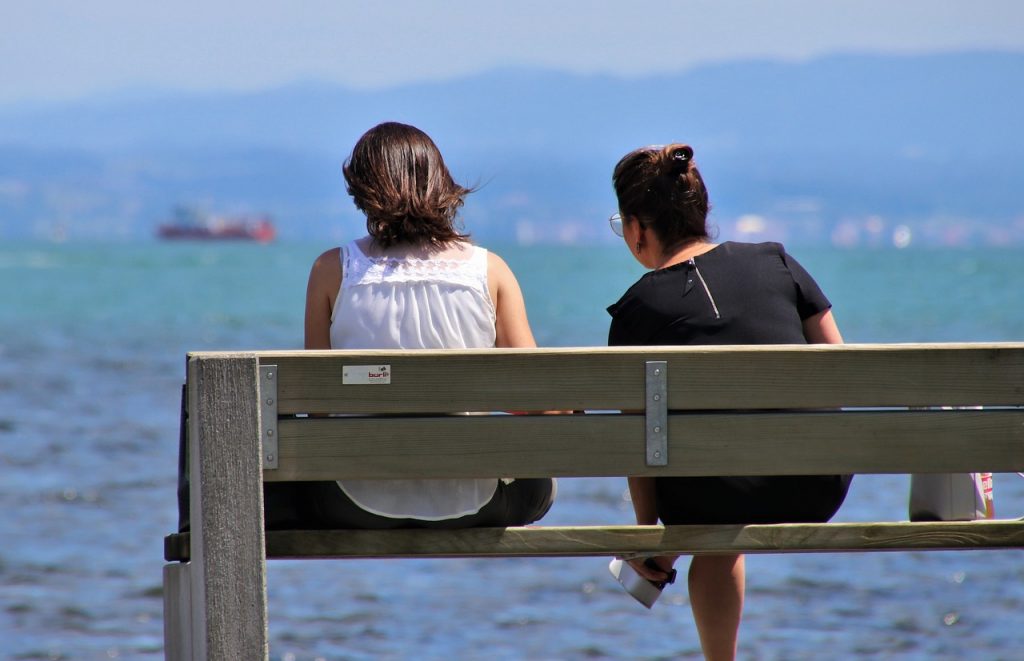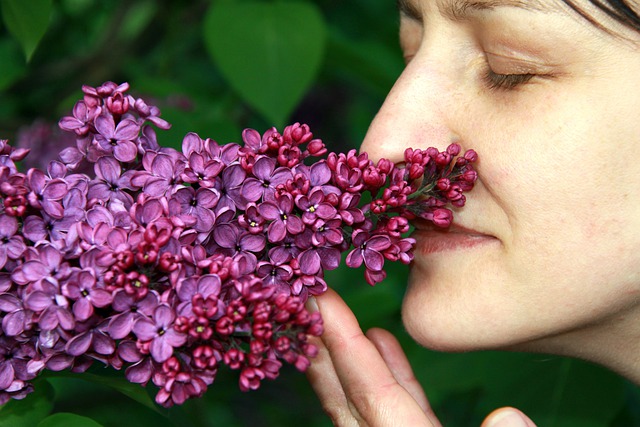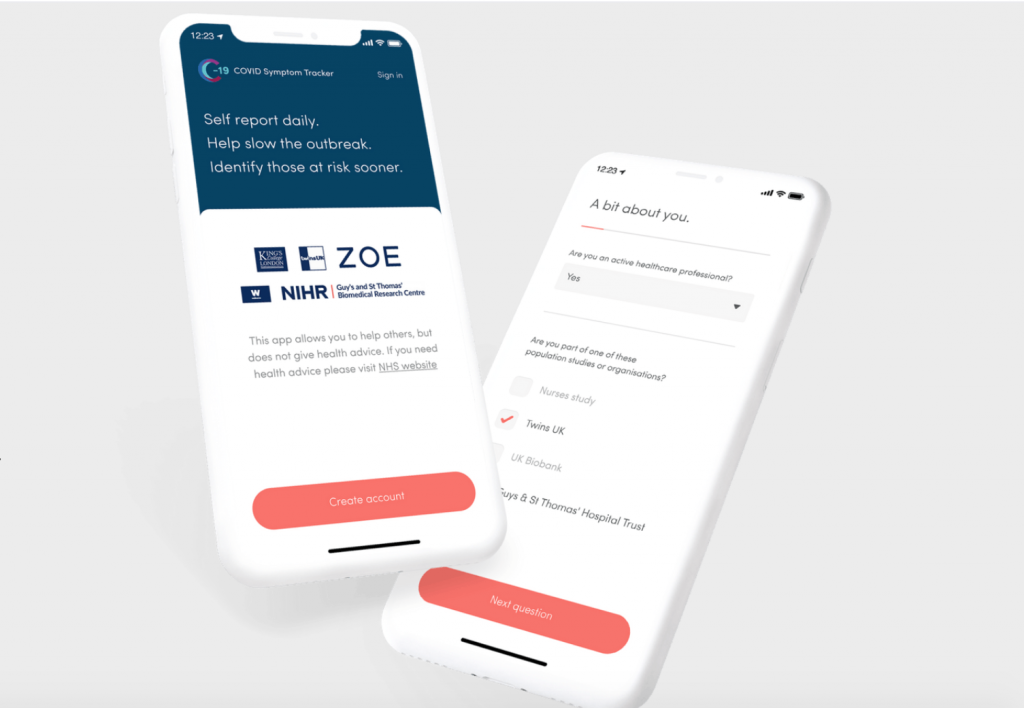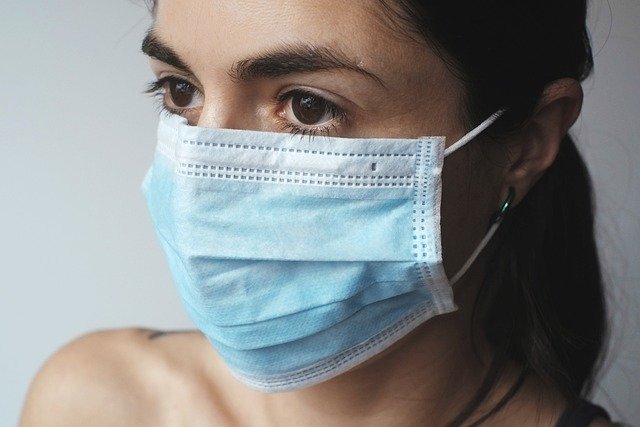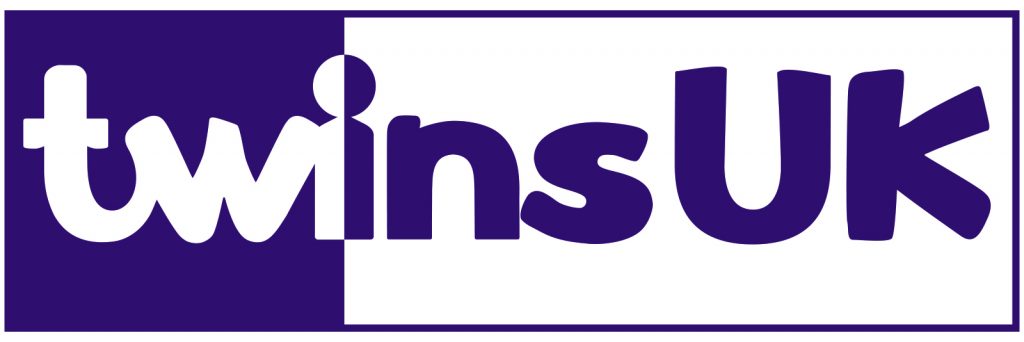10th February 2022 – By Aaruthy Suthahar
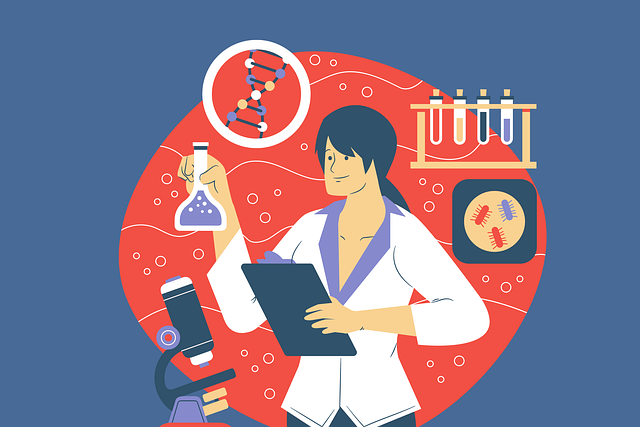
In October 2020, the National Core Studies commenced as part of the UK’s response to the COVID-19 pandemic. The National Core Studies are using health data to rapidly inform policy to help us get through the pandemic.
TwinsUK is closely involved in the Longitudinal Health and Wellbeing National Core Study, which aims to understand the health, social and economic impacts of the pandemic. We are one of many UK longitudinal population cohorts taking part in the project.
This large, multi-institution team is working together to answer key questions across several different areas. Current priority research questions include: how was healthcare disrupted by the pandemic; did government schemes such as furlough help; how was mental health impacted by the pandemic; how well do vaccines work; and what are the short and long-term consequences of infection on health.
The team has prioritised questions that harness the unique aspects of cohorts like TwinsUK, such as extensive pre-pandemic data. By working together and triangulating analysis in longitudinal health cohorts and electronic health records, we can provide robust evidence to inform policy.
Findings are regularly reported to the government’s Scientific Advisory Group for Emergencies (SAGE) and the Cabinet and have influenced NICE guidelines, which dictate how to treat medical conditions.
Results and impact so far
Every day we are learning more about COVID-19 and its impact, thanks to our TwinsUK members taking part in studies and questionnaires and our researchers rapidly analysing all the data coming in. Below are some key examples to date that TwinsUK was involved in:
Society and Health: The coronavirus job retention scheme was associated with the preservation of health behaviours (eating, drinking, smoking, sleeping habits) similar to those remaining in employment, and more favourable to those who become unemployed. Also, while mental and social wellbeing declined in those furloughed, the effects were far less than those who lost their jobs. This suggests that social protection policies should be implemented in the post-pandemic recovery period and during future economic crises.
Healthcare Disruption: The pandemic led to unequal healthcare disruptions. Females, ethnic minorities, and disadvantaged people were most affected. Action is needed to prevent the widening of existing health inequalities, and efforts to ensure continuity of care during pandemic-related disruptions may need to be more clearly targeted to those who most need that care.
Mental Health: People with prior mental ill-health were hit harder by pandemic disruption. Inequality between those with and without mental health problems should be considered when provisioning current and post-pandemic health, economic, and well-being support. Also, a substantial deterioration in mental health seen during the first lockdown did not reverse when lockdown was lifted, suggesting that lockdown alone was not responsible for the decline in mental health. There is a need for investment in mental health support to address all underlying causes.
Long COVID: We found that long COVID is associated with women, middle age, and pre-existing health factors, including asthma. Understanding why different groups of people have different levels of risk could both identify high-risk groups and help us understand how best to prevent and treat long COVID.
What are we working on now?
We are currently working with collaborators at University College London (UCL) to carry out a detailed study of how COVID-19 affects the body. This will help us understand long Covid, which is when infected individuals continue to experience symptoms for many weeks and even months after infection.
This study will recruit people with a range of COVID-19 experiences, and participants will be invited to UCL’s clinic in London for a full day of checks and health tests, including an MRI scan. TwinsUK is the first cohort to recruit participants to CONVALESCENCE, which aims to recruit 800 participants in total. We have recruited more than 150 twins to take part, mainly in twin pairs.
A big thank you
We would like to take this opportunity to thank our twins for everything they have contributed to this vital research, both by taking part in sample collection and questionnaires during the pandemic, but also for all of the data they have previously provided to TwinsUK, which is essential to understand how the pandemic has affected health.
TwinsUK’s Dr. Claire Steves is a senior researcher working across the National Core Study and CONVALESCENCE. Dr. Steves explained:
“There is a wealth of data in the UK’s population cohort studies and linked health records. The pandemic has shown the importance of using these unique resources to answer key questions about public health and inform policy as quickly as possible.”
“I would like to thank each and every one of our twins for the vital role they are playing in defeating COVID-19.”
If you would like more information on our COVID-19 research, please click HERE.




